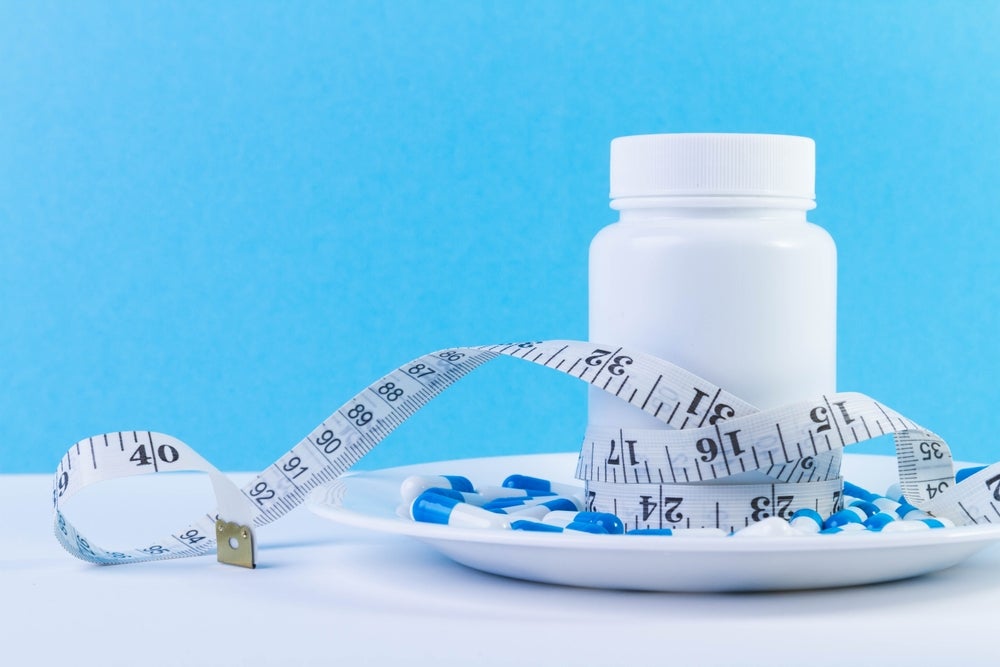At the 60th Annual Meeting of the European Association for the Study of Diabetes (EASD) 2024, Phase II results have been presented for Boehringer Ingelheim’s survodutide, a novel glucagon receptor (GCGR) and glucagon-like peptide-1 receptor (GLP-1R) dual agonist, in patients with overweight or obesity and metabolic dysfunction-associated steatohepatitis (MASH).
In Phase II efficacy results presented at the EASD conference by Dr Anton Pekcec, almost 40% of patients who were overweight or obese (NCT04667377) and who received survodutide achieved more than a 20% reduction in body weight after 46 weeks of treatment. At week 46, bodyweight reduction did not plateau, indicating that longer treatment duration could provide further reduction, although a Phase III study would be required to further investigate survodutide’s potential.
For MASH, it was reported that a Phase II trial (NCT04771273) showed that survodutide has significant promise and reduced blood pressure substantially. With regards to safety, discontinuation of survodutide occurred due to adverse events. In most cases, this was caused by the rapid dose-escalation phase and Pekcec explained that moving to a more gradual dose escalation could mitigate this issue.
In the question-and-answer session that followed, questions were raised regarding the catabolic effects of glucagon on amino acids, and whether this would cause muscle loss in patients who were administered survodutide. Pekcec explained that the decrease in levels of amino acids in the bloodstream did not correlate directly with muscle loss. He added that glucagon mediated energy expenditure, whereas GLP-1s mediated eating behaviour.
The studies for overweight or obesity and for MASH therefore prove that this GCGR and GLP-1R dual agonist offers significant benefits in lowering body weight while also promoting a reduction in blood pressure, all while not causing muscle loss. Its novel dual mechanism of action, in addition to its weight loss benefits, is promising within the obesity and MASH spaces.
Key opinion leaders interviewed by GlobalData stated that having a GCGR/GLP-1R dual agonist would be desirable, provided that it could increase glucagon activity, reduce weight, glucose levels and blood pressure, improve lipids and sustain resting metabolic rate.

US Tariffs are shifting - will you react or anticipate?
Don’t let policy changes catch you off guard. Stay proactive with real-time data and expert analysis.
By GlobalDataAccording to GlobalData’s Pharma Intelligence Center, there are 20 Phase III candidates, 59 Phase II candidates, and 96 Phase I candidates for obesity globally. For MASH, there are nine Phase III candidates, 67 Phase II candidates, and 83 Phase I candidates globally.






